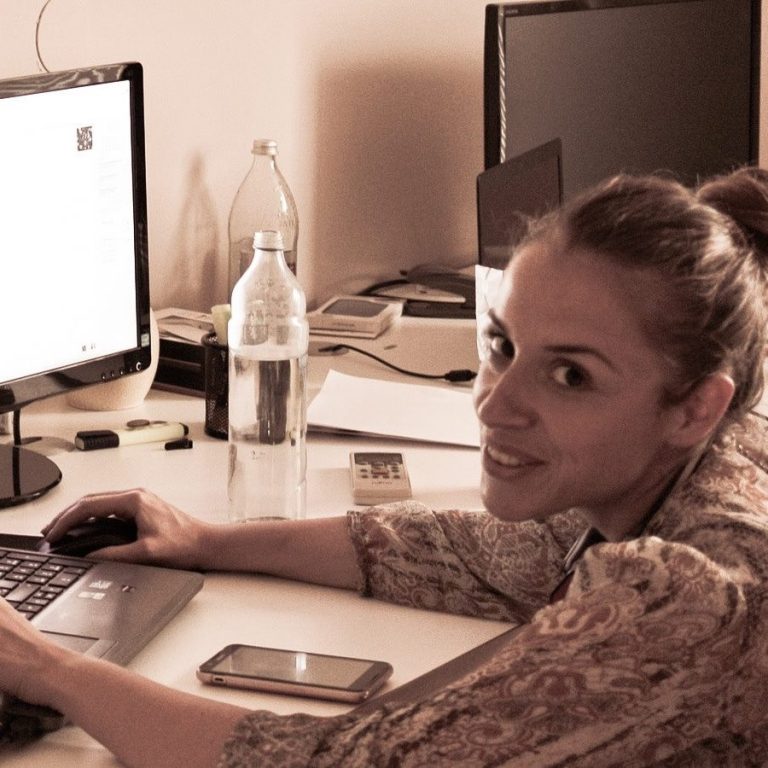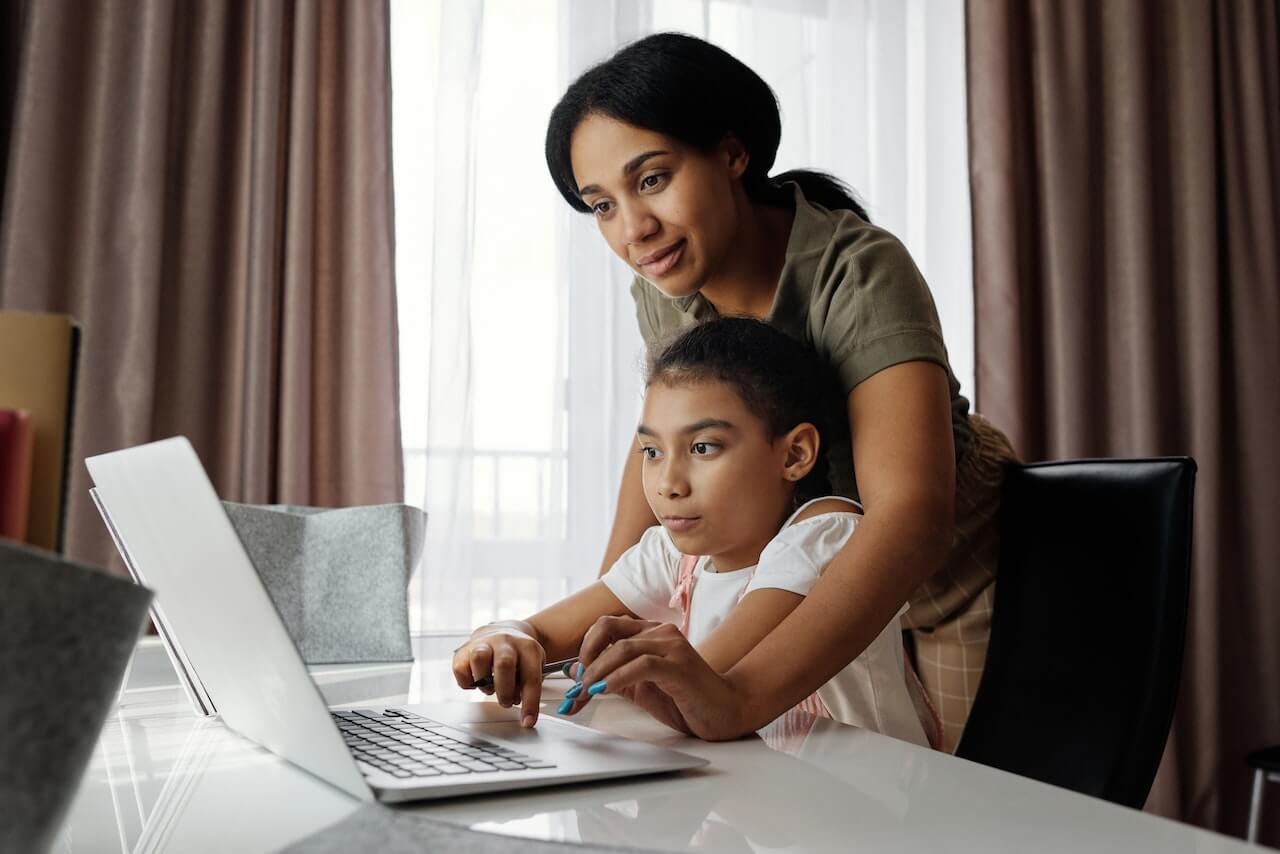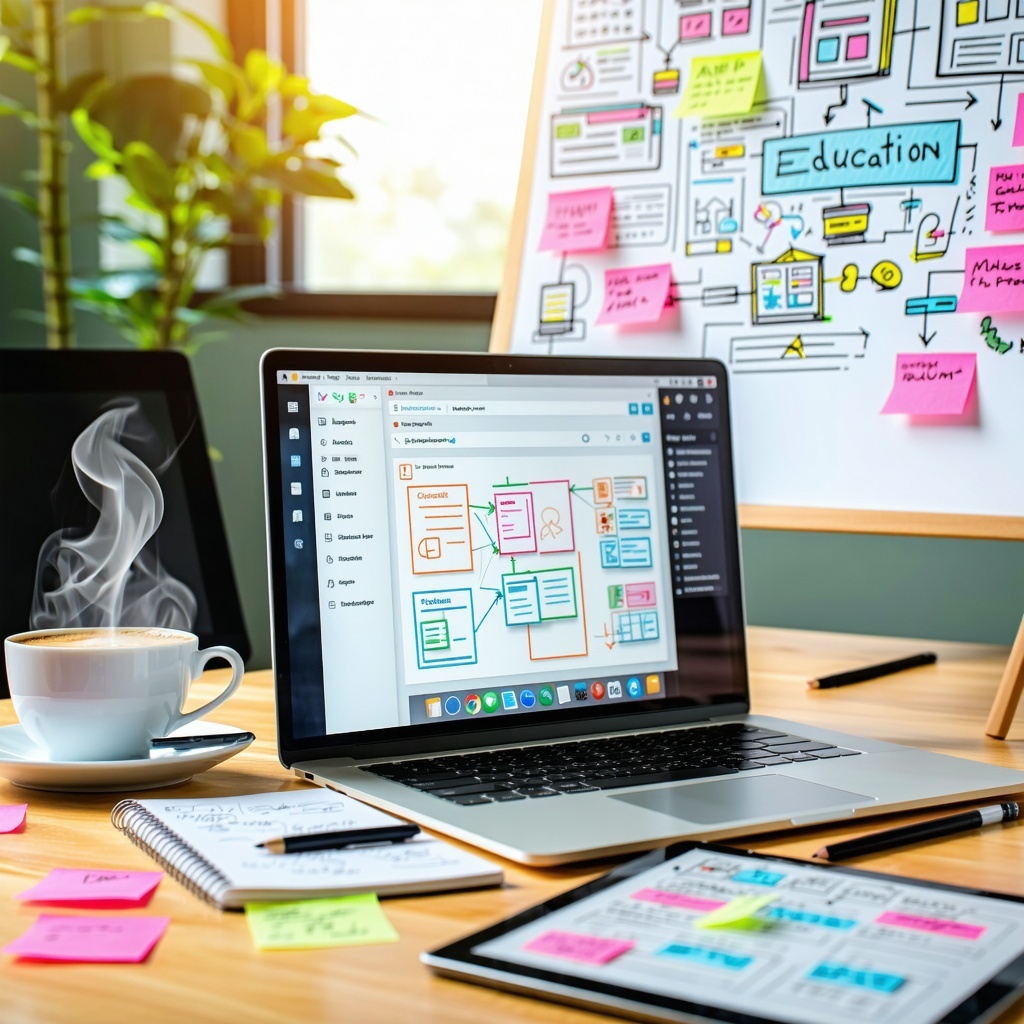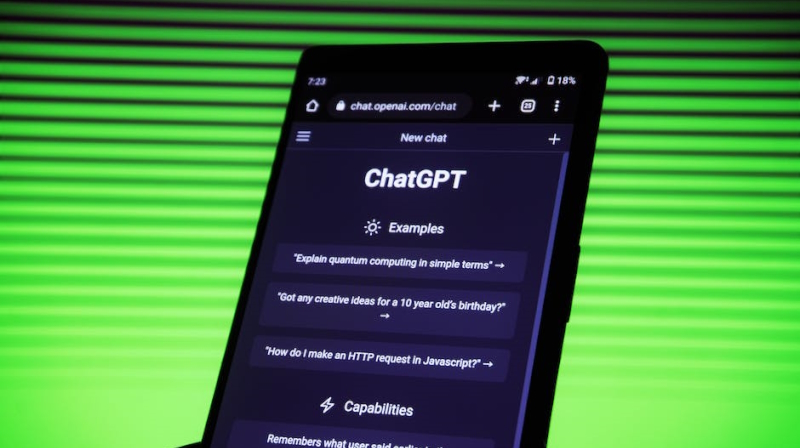The Future of E-Learning and How LMSs Fit into the Picture
E-learning has become a significant player in the education industry, with the market expected to reach $648 billion by 2030. Learning has always...
2 min read
 Miley Dowing
:
Jan 12, 2023 10:00:33 AM
Miley Dowing
:
Jan 12, 2023 10:00:33 AM

Video communication has evolved exponentially over the past decade. Now, video conference calls on Zoom and FaceTime calls are a part of everyday life.
One of the areas in which video content and calls are becoming essential tools is education. Videos create opportunities for high-quality education as more students and families embrace distance learning.
Here are five ways video-making is becoming and should be a necessary component of online and distance education.
One of the top benefits of video is the ability to convey a lot of information in a short timeframe. Videos can be used for lectures with visual aids or as live tutorials for learning processes and systems. This medium far surpasses text and appeals to different learning styles.
Videos also save educators time disseminating information. A teacher or course leader can quickly record a video, drop it into free video editing software for Mac or PCs, and upload it instantly.
Reading a textbook could take a lot of time— especially if the content is complex or dry. A video shares the same knowledge in a shorter period while keeping the viewer stimulated.
It's estimated that 55% of communication is nonverbal, with 38% being vocal (i.e., related to tone and volume). Only 7% of communication relates directly to the words spoken or written.
One of the biggest challenges with traditional distance communication was the lack of direct human interaction. Students would send their assignments away for review and communicate via post or email, depending on the era.
This limiting form of communication left much up to interpretation. Video eliminates those challenges. Recorded assignment feedback, and the tone and intention behind it, are clear and easy to understand. Nonverbal cues and tone of voice add subtext when learning about complex topics.
Live, in-person education has limitations as well. Students participating in a lecture may divide their attention between listening and taking notes to study later. Multitasking could lead to missed context and knowledge gaps. Once the live session is over, it's gone and can't be revisited during study sessions.
Video can be reviewed repeatedly. Students can re-listen to parts of a lesson they're struggling with or missed. They can pause as they write notes to study later, skip clips they've already mastered, and speed up the video to cover more in less time. Video is one of the best study tools available in modern education.
Educators can use several learning materials and aids when sharing information through video. A teacher could have the camera focused on the face during the introduction and question period. Then, they could share a slide show with relevant data. After that, they could dive into a live demonstration with screen-sharing.
Video allows teachers to take a multifaceted approach to share information. The ability to use several teaching devices in one session keeps things interesting and engaging.
Many subjects are dry or challenging to learn through text. History texts are presented factually and rarely provide an interesting story about what happened. Economics is incredibly data-driven, with real-world examples presented as case studies.
Video lets educators create a storytelling experience. Changes in tone and movement keep students interested. The ability to include stories from outside a textbook and add a human touch to education is powerful.
Video has always been an effective learning tool. Now, it's more accessible than ever and should be a part of every distance learning experience.
About the author:
Miley owns and runs Daily Cup of Tech which provides daily insights on the world of startups, development, martech, SaaS, and tech products from forward thinking contributors. DailyCupofTech.com was previously featured on microsoft.com, lifehacker.com, problogger.com, and cision.com.

E-learning has become a significant player in the education industry, with the market expected to reach $648 billion by 2030. Learning has always...

The term "Artificial Intelligence" (A.I.) is everywhere, but for busy association professionals, it can sound more like a complex, expensive...

Did you know that experts expect the artificial intelligence market size to grow from 136 billion dollars in 2022 to 1.8 trillion dollars by 2030?